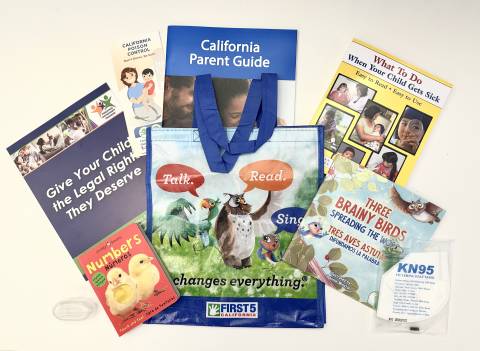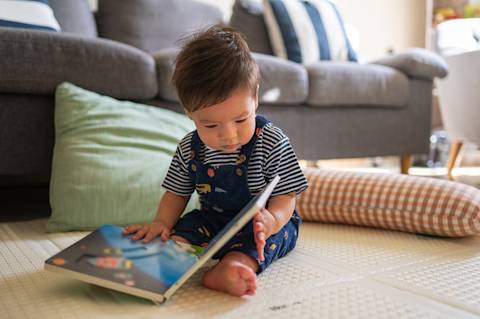You’ve set your boundaries and expectations. You’ve explained them to your child multiple times. And yet, they still misbehave! Misbehavior is a very normal part of childhood development, and every child will act out at some point. As caregivers, we can provide guidance and support to help children learn appropriate behavior and develop positive social skills.

Young children may misbehave for various reasons:
Testing boundaries: Children are curious and want to explore their world. One way they do this is by pushing boundaries and testing limits. This may involve breaking rules or doing things they have been told not to do.
Seeking attention: Children crave attention and may misbehave to get it. They may act out or be disruptive to get their caregiver’s attention, especially if they feel lonely or ignored.
Lack of self-control: Young children are still learning how to regulate their emotions and behaviors. They may not yet have the skills or self-control to resist temptation or impulses.
Frustration or stress: Children may misbehave in response to their own stress or frustration, especially if they do not have the language skills to express their emotions or communicate their needs effectively.
Modeling behavior: Children learn by watching others and copying their behavior. If they see adults or peers modeling negative or inappropriate behavior, they may mimic them.
When we respond to misbehavior firmly yet lovingly, we help children feel safe and secure. This makes it easier for them to learn from their behavior. These steps can help:
If you’re feeling strong emotions or if you are stressed by the behavior, it’s OK to take a deep breath and pause before talking to your child. You might feel your heart beating faster, or you might suddenly feel hot. Let your child know what you’re doing with a statement like, “I’m feeling frustrated right now, and I need to take a few deep breaths.”
Once your heart rate is back to normal and you’re feeling calmer, explain how your child misbehaved. “When you hit your sister, it hurts her. We love our sister and want her to stay safe.”
You can try to help them name the emotions that led to the misbehavior. For example, “Tell me what you were feeling when you started to hit your sister. What was going on in your body?”
Remind your child of the consequences of their actions. “You can feel your feelings, but it’s not OK to hurt someone. When you can’t share your toy with your sister, I am going to take it away, and we can try again tomorrow.” Then follow through on the consequence.
Once you’ve applied the consequence, it’s important to remind your child that you love them and support them. You can try talking to them about how they could handle the situation better next time. “I love you so much. Next time you feel angry about sharing a toy, ask me or another grown-up for help.”
When your child is calm, remind them of the consequences you talked about before to keep reinforcing your expectations. When they have calmed down, you can even teach them the Dragon Song to help them find calmness when they’re feeling big emotions.

Utah State University - En inglés
Healthy Children - En inglés





